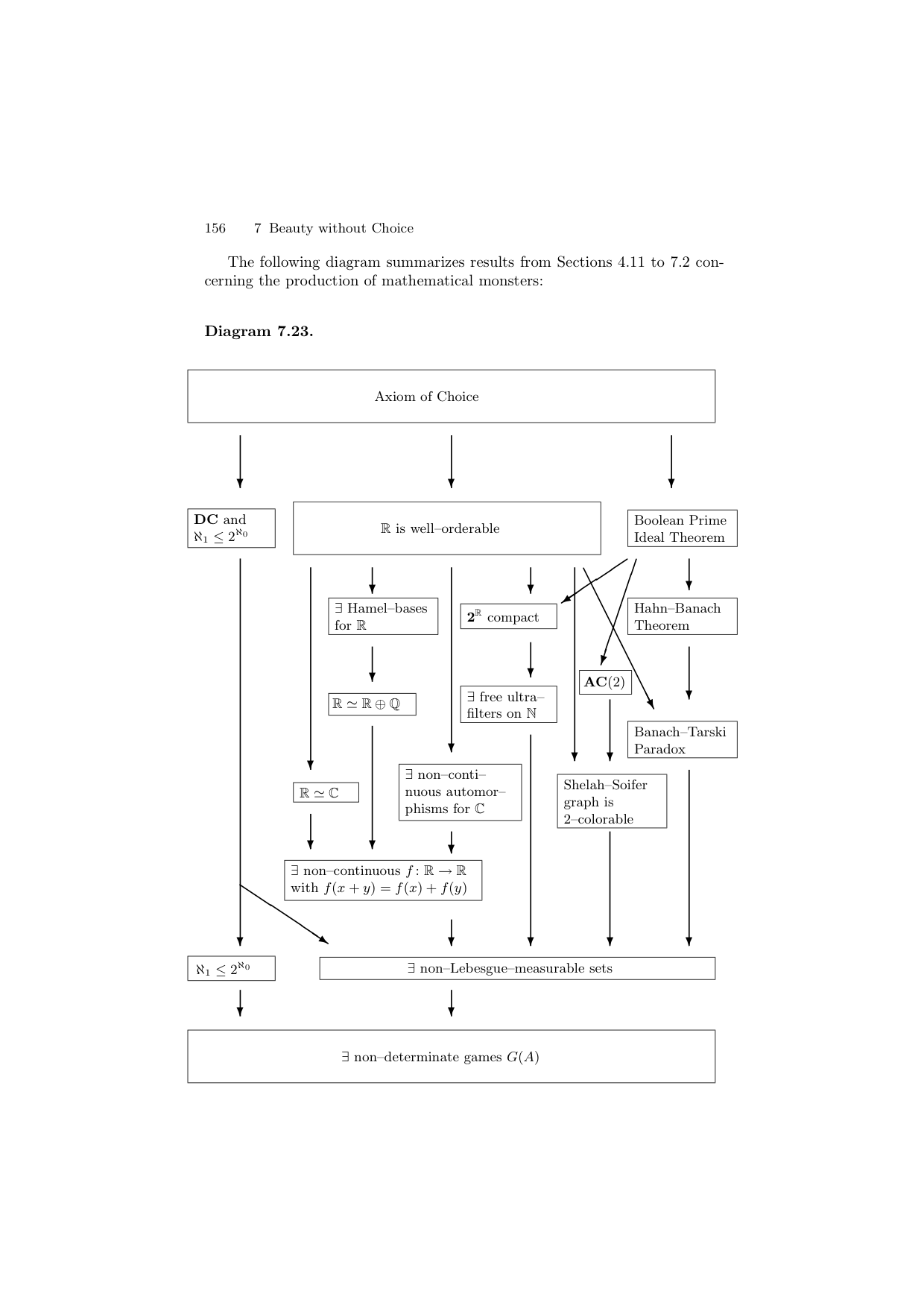A number of results that people use that require the axiom of choice (i.e. do not follow from ZF alone) are known to actually imply the axiom of choice. Therefore, one might naturally wonder whether there are results that require choice to prove yet which, on the contrary, do not imply choice.
The most natural answer to this question is countable choice, or $\kappa$-choice for cardinals $\kappa$.
Therefore, I wonder, are there other (i.e. not equivalent to any of the above) examples of results with this property? What about which are strictly stronger or weaker than all the cardinal-choice axioms (but not equivalent to ZF or ZFC)? In particular, I am interested in results occurring naturally in algebra, geometry, etc. And whether or not there are, is there a deeper reason why results that use choice tend to imply it?

